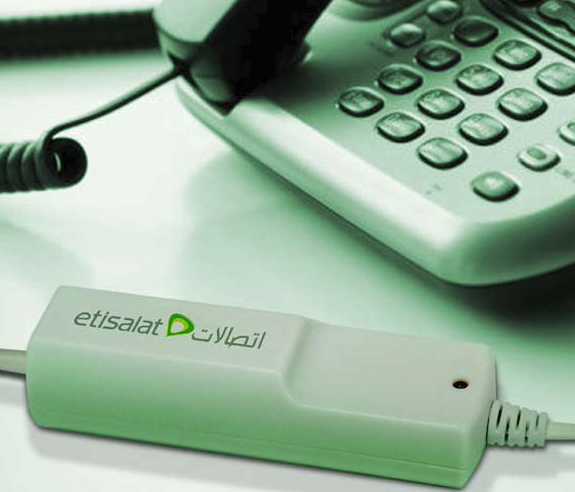
The announcement that Emirates Integrated Telecom Company (EITC) intends to introduce Virgin Mobile services on its infrastructure caused quite a stir in the market last week, but International Data Corporation (IDC) believes it ultimately represents a positive development for consumers in the UAE. Indeed, the global technology research and consulting services firm expects the move to help open up the country’s telecommunications market and stimulate some much-needed competition.
“EITC first launched mobile services under the du brand name in 2007 to break the stranglehold Etisalat had on the UAE telecom space,” says Paul Black, director of telecommunications, media, and IoT at IDC Middle East, Africa, and Turkey. “The company’s unexpected announcement that it will introduce Virgin Mobile as an additional brand to run alongside du has therefore caused intense speculation about the possible ramifications – not only for du, but also for the wider market.”
Much of this speculation has centered on the precise form that this new partnership will take, and whether Virgin Mobile will essentially serve the market as a mobile virtual network operator (MVNO). It is important to note that EITC’s announcement stressed that Virgin Mobile will operate only as a brand alongside du; however, Virgin Mobile operates as an MVNO in all other countries in which it has a presence, so it is easy to see where the confusion stems from.
“Within the UAE, frequent discussions have taken place about the need for the Telecoms Regulatory Authority (TRA) to either license a third mobile operator or outline regulations that would allow for the establishment of an MVNO,” says Black. “In fact, Virgin Mobile, which already has offices in the UAE, had previously made it clear that it would be interested in operating in the local market if the existing telecom framework was changed to accommodate MVNOs. However, no such changes have been forthcoming.”
Given that there has been no published change to the regulatory landscape, IDC believes that EITC must have sought guidance from the regulator prior to launching Virgin Mobile services. This is because the unexpected launch of a new brand can be successfully challenged by other telecom players, as happened in Qatar in 2010 when Vodafone objected to the introduction of the Virgin Mobile brand under Qtel (now Ooredoo) and successful lobbied for the new service to be shut down.
IDC expects the launch of Virgin Mobile to help EITC address the issue of declining profits caused by intensifying competition and growing customer expectations. Virgin Mobile has made it clear in the past that its interest lies exclusively in the youth segment, and the brand is viewed positively in this space. However, du also has a strong reputation among the youth of the UAE and frequently sponsors sporting and music events that specifically target the country’s tech-savvy young population.
“The entrance of a new player in the UAE telecom market is long overdue,” says Black. “Given the country’s large youth population and Virgin Mobile’s international experience in actively targeting this segment, the potential for the company’s success is high. However, EITC must ensure that the du brand does not become diluted as a result of direct competition from within its own stable. One option would be for du to leave the youth segment to Virgin Mobile, allowing it to focus more intently on attracting customers with a higher average spend.”
With Etisalat likely to react by improving its own digital services offerings for the youth segment, IDC expects Virgin Mobile’s arrival on the scene to be a positive development all round. “In the absence of any objections from a licensing standpoint, IDC believes this added layer of competition will have a positive impact on the provision of services to the UAE’s brand-conscious young population,” says Black. “And as long as the growing digital service needs of this population are met, the telecom consumers of the UAE stand to benefit greatly going forward.”


































